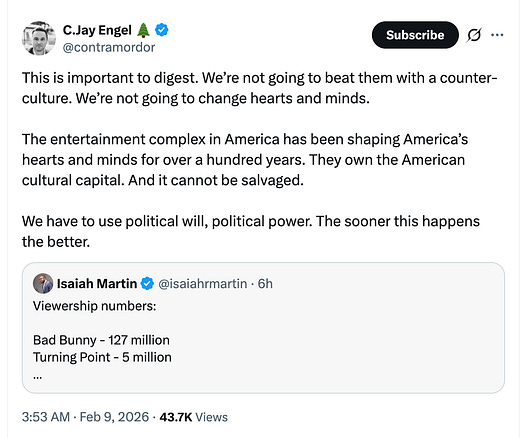Good morning, Digital Neighbors!
When one reads the Bible there is a distinct impression that the God of Israel is something of hard @ss. He is a powerful protector of Israel in its journey to the Promised Land and He expects them to live the covenant He revealed to them. The Covenant of Siani is demanding but not impossible, His punishment for breaking it often seems a bit on the severe side of reactions. Any reader of scriptures will notice this and may become alarmed. There was one who did and he became a teacher of a take on the faith ultimately rejected by the church. Meet Marcion! Like most heresies, he started in good faith but wandered off the path of orthodoxy convinced he knew better. A bit long, just a heads-up gentle reader. Get a good cup of coffee or tea.
Marcionism was a 2nd century heresy that resulted from a reading of the Hebrew Scriptures with a dash of Gnosticism that concluded that the Father proclaimed by Jesus could in no way be the seemingly harsh and punitive God of Old Testament. Marcion rejected the whole of the Hebrew Scriptures and articulated his first collection of books into a canon of scriptures. That alone is an amazing feat, but it was a truncated collection, a shorter version of the Gospel of Luke and the Pauline epistles. All the other books of what would eventually become the New Testament were rejected. All this happened during the early days of the second century. For Catholics there is speculation that the Apostle’s Creed was a response to Marcion and his distortions of faith. Revelation is a gradual process and to focus on the harsh realities in the Pentateuch is to the miss the slow transformation of the revelation and relationship God has with Israel as revealed through both Moses and the Prophets. Christians see revelation as a united reality and Jesus honored and loved His Jewish faith and at the same time pushed it beyond its contemporary practice. St. Paul, the only apostle that Marcion accepted, professes His love of Judaism in his letter to the Romans. How Marcion missed that beats me. Either way Marcion’s take on the faith was rejected and subsequently condemned. For more on Marcion and his thoughts see the link below. Sorry for the history lesson.
https://www.newadvent.org/cathen/09645c.htm
So, what about reading the Old Testament that makes our modern sensibilities want to perhaps side with Marcion? Here is how I reconcile it. God’s revelation is gradual and depended on both the circumstances and capacity of the recipients. I consider Genesis the infancy of Israel, those stories establish the Patriarchs as very human servants of a God whom they barely know but place immense faith in. They are a family because of God’s promise to Abraham & Sarah and they trusted Him. God works behind the scenes in the story of Jospeh so that a story of betrayal and slavery could become the means of saving the Sons of Jacob. Spin the wheel of time and 430 years later the Hebrews are slaves, and the God of their fathers seems silent, absent, and indifferent. Moses comes on the scene in the name of that God as declares to them the Covenant that will be ratified on the Mountain of God Siani.






























